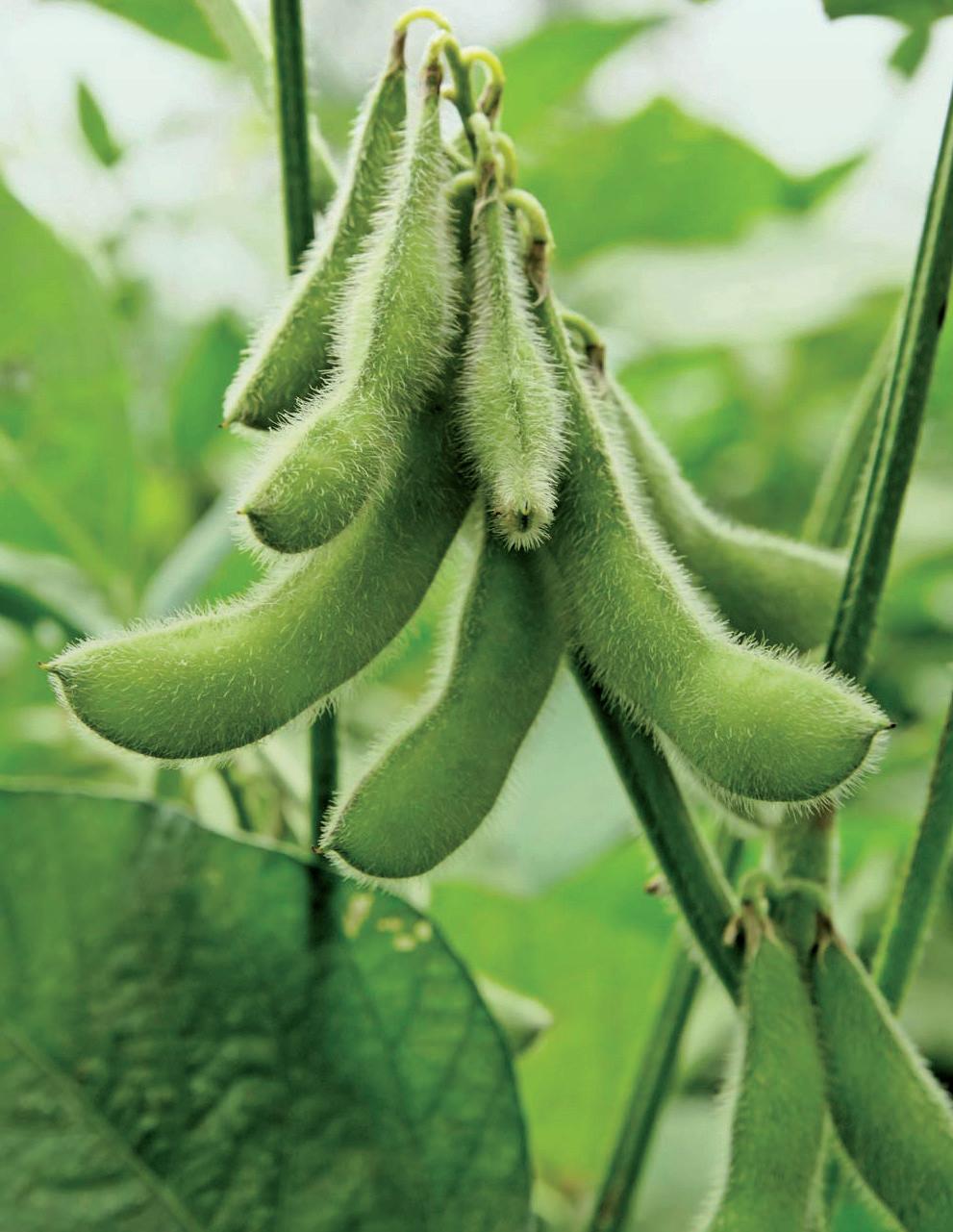
2 minute read
Delivered to Agricultural Researchers in Ghana
A BIG WIN Reliable, High-Speed ICT Connectivity Delivered to Agricultural Researchers in Ghana Written by Dr. Nicholas Denwar, Soybean Breeder, SARI, Ghana
“The connection at SARI was so poor during the day, that I often had to come into the office in the evenings to work. Poor ICT connectivity had become something my colleagues and I had all learned to live with. Since the upgrade and switch to our new ISP, GARNET, my fellow researchers and I now have fast reliable internet using a wired ethernet infrastructure.” Dr. Edward Martey SIL Partner and SARI Economist, Ghana
Advertisement
SIL’s ICT Health Checkup showed that GARNET, Ghana’s local NREN, was the lowestcost internet service provider, reducing cost per Mbps by 93% and leading to a 78x increase in overall connectivity within the institution. The first time I heard the expression “ICT is like the oxygen that agricultural researchers need to be successful” was at a Soybean Innovation Lab seminar as a member of the SARI Core of Excellence team. That seminar made me realize how much my work as a soybean breeder with SARI in Nyankpala, Ghana, had been held back by poor connectivity and slow internet speeds. As it turned out, that was not the last time the phrase would ring true for me. SIL’s ICT Health Checkup tool showed the minimum institutional bandwidth for SARI’s main campus at Nyankpala, with 40 senior personnel and 100 support staff, was 37Mbps. At the time, our total contracted bandwidth was only 2Mbps — about 5% of what we needed. Speed tests showed download speeds as low as 0.05Mbps, a mere 10% of the minimum needed for researchers. That led to the natural question, why was our bandwidth so low?
Two answers emerged. First, no one had ever explained to us how much bandwidth was required to do our jobs properly. Second, cost was a factor — we were paying $802 per month for that 2Mbps connection. With funds in short supply and without a solid justification that additional expenditures would produce significant results, SARI had continued to under-invest in this area. Our connectivity was so poor that Senior Researchers like me were purchasing prepaid SIM cards and using our personal cellphones to gain connectivity rather than relying on SARI’s network. SIL worked with our IT staff and local telecom providers to explore all available options to increase bandwidth and lower costs. This year, we achieved a breakthrough by switching to GARNET as our internet service provider. We now enjoy a 155 Mbps connection across the entire SARI station at Nyankpala, a 75x increase over our initial connection speed, and a 20x increase over the connectivity offered by cell providers in the region, at roughly the same cost. Our journey highlights the value of working with your local NREN and using the ICT Health CheckUp to quantify the strengths and weaknesses of your organization or company’s connectivity.
Dr. Nicholas Denwar is a soybean breeder with the Savanna Agricultural Research Institute (SARI) in northern Ghana. Dr. Denwar collaborates closely with SIL to develop new, high-yielding soybean varieties for Ghanaian farmers. The improvement in SARI’s connectivity enables colleagues like Dr. Denwar to effectively collaborate, leading proposal development, attending meetings, presenting at webinars, and applying for grant opportunities.












